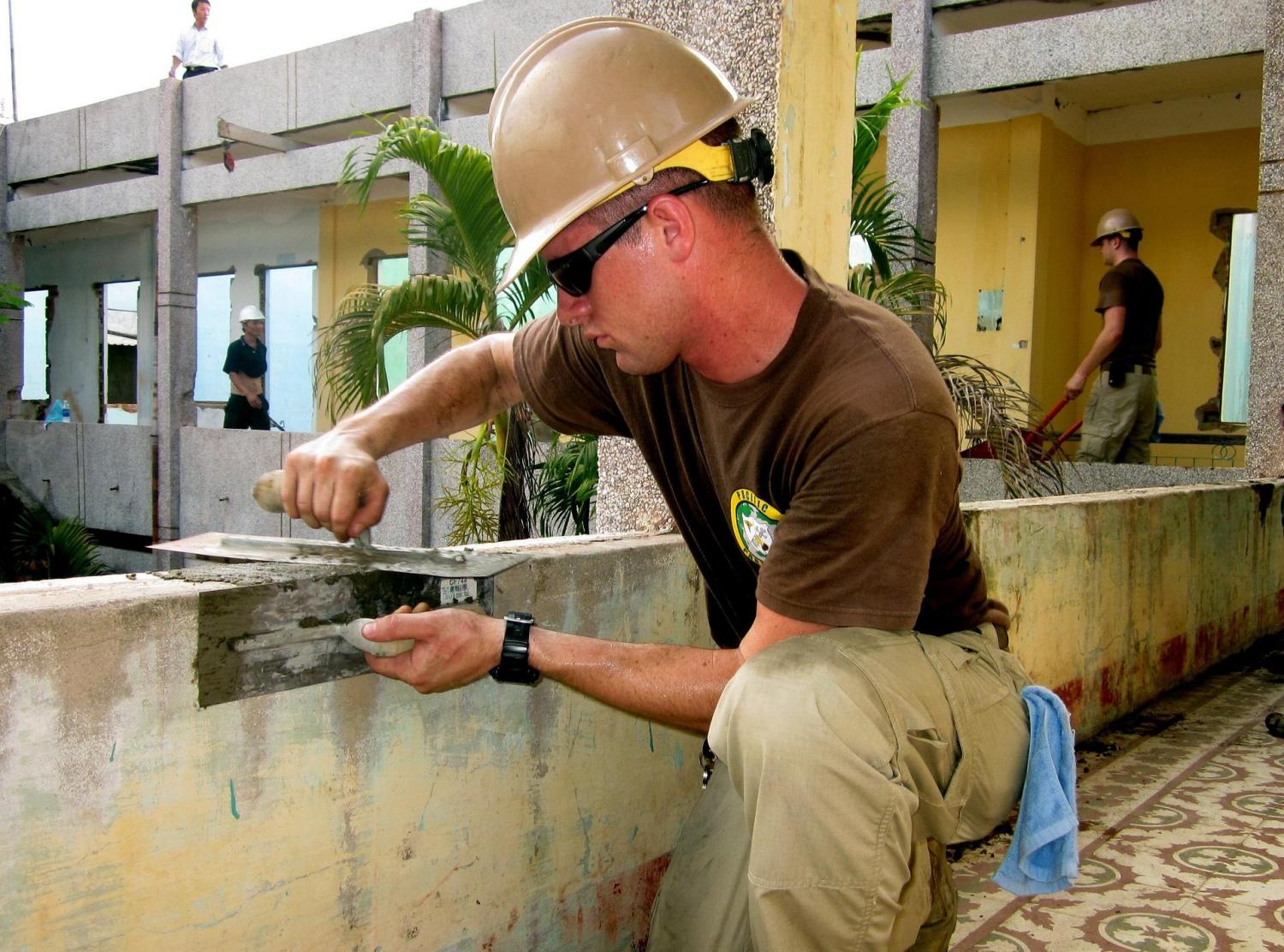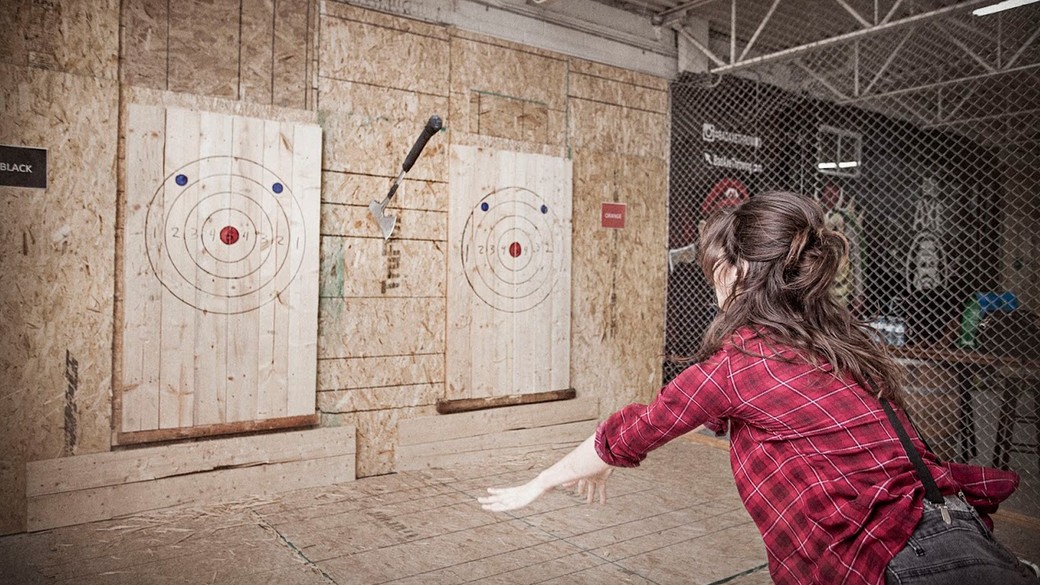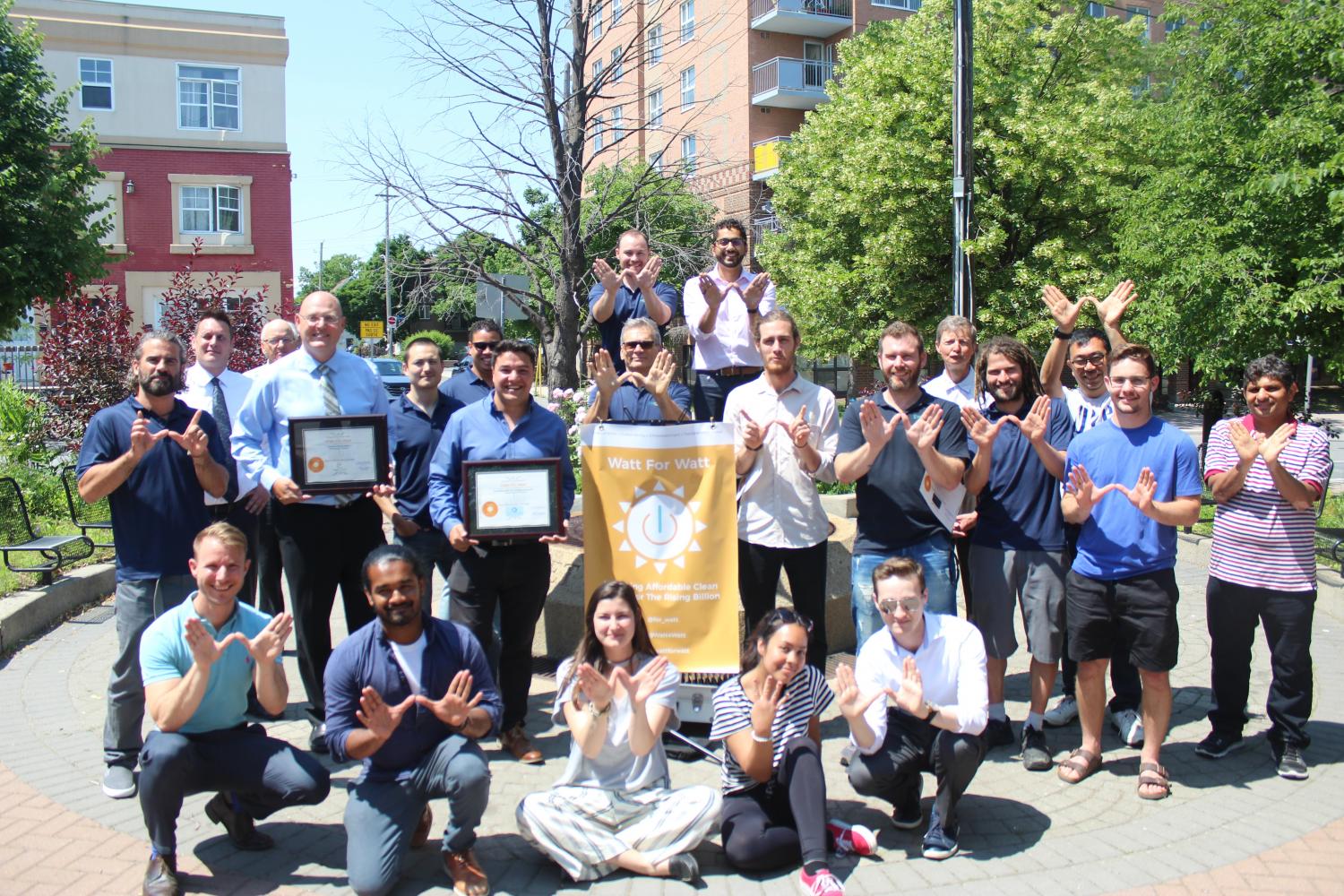
Why Residential Homes Need Concrete
The extensive use of concrete blocks is not just restricted to buildings that are for the industrial use, retaining walls or foundations. An exponentially increasing number of people who own homes or builders are realizing the benefits of utilizing concrete as the main material for the construction of residential homes. A home built with concrete blocks provides the owner of the house with a lot of advantages namely: efficiency, design flexibility, durability, and many other benefits.
Durable
Residential homes that are made from concrete blocks are more durable compared to the wood-framed residential homes. Residential homes that are made of concrete blocks are popular nowadays in many parts of the country for their sturdiness when there are harsh weather conditions tornadoes and hurricanes. Concrete block residential homes give a more remarkable strength, and insurance against tremors and fire than home worked from wood. How important is concrete ready mix for residential homes? It is extremely important in a day and age when people are making less but costs are rising. Concrete ensures a home can withstand years of weather conditions and daily lifestyles so that the home can be passed down from generation to generation.
Additionally, proprietors of concrete block residential homes do not need to stress over issues of wood distorting and termite harm like proprietors of wood framed residential homes. Due to these solidness benefits over wood-framed residential homes, concrete piece property holders frequently pay lower rates for mortgage holder's insurance compared to proprietors of wood homes.
Energy efficiency
After extensive research on the greenhouse gasses, it was noted with a lot of concern that 80% or more of the greenhouse gasses are emitted from the structure are excreted via the energy that is produced for their cooling and heating. This brings us to another benefit of a concrete-built home which is expanded energy effectiveness.
Concrete blocks have excellent insulating properties, holding cold air inside the home in the mid-year which is the summer season and warm are inside the home when it is during the winter months. Concrete blocks make a seal that is tight and thus lessening warming and cooling loss in the house that can bring about up to 39 percent loss in a few homes.
Sound proof
Since concrete is a dense and a more resilient material it is by far much better than woods. This is the quality that makes it better for the construction of home walls and privacy development fundamentals for a construction that is large-scale. The density of the concrete efficiently minimizes the sound and thus making it very suitable for the construction of residential homes.
The capability of the concrete used to build residential homes, to rebound or absorb makes it an original acoustic material. Just as an example, it bounce back the noise from the roads while at the same time deflecting internal noise back in the direction of the center of the project. Thus the people living in the residential house built with concrete enjoy own things like conversations and listening to music inside their houses.
Environmentally friendly
Concrete is tuned into nature. From the resident that utilizes concrete as a material for construction, it assists in securing our natural resources and offers one of a kind advantages to purchasers. From an environmental outlook, concrete has a considerable measure to offer. Concrete is an environmental friendly in an assortment of ways. The elements of concrete which include cement, aggregate and water are copious in supply and take a lesser effort in their mining than other materials that can be used in construction. Quarries, the essential wellspring of crude materials, can be reclaimed quickly for recreational, private, or business use. They can also be restored back to their normal state.
Because concrete is a nearly inert material, it is a perfect medium for reusing waste or other byproducts. Numerous materials that would wind up in landfills can be utilized rather make concrete. Reused polystyrene, fly ash and blast furnace slag are just, but a few materials that can be incorporated into the formula for concrete and further upgrade its allure. Waste products, for example, scrap tires and dust from the kiln are utilized to fuel the production of cement. Indeed, even old concrete can be recreated as cumulative for new concrete blends. Concrete is a reliable product for many years, and it gives way for a future that is environmentally secure for the generations to come here on this planet.
Cost
The use of concrete block in the construction of resident homes reduces the cost pointedly in many ways. For instance, consider a brick. To produce them you will have to waste a lot of land, coal and not forgetting tons of wood. Construction of resident houses using concrete will save a lot of the natural resources. Compared to the bricks, a single concrete block can save up to 25 percent.
House build using concrete have stood the test of time through their minimal cost of maintenance have an advantage of significant sustainability over a home built using other materials. Moisture does not have any weakening effect on concrete compared to the other materials that are used to construct. Moisture can undermine other building elements through rust and rot. Neither molds nor termites can affect concrete negatively. Therefore the overall maintenance cost is reduced to almost zero.
Concrete is rising in popularity due to its durability, energy efficiencies and builders going green. It really is the building material for the ages.







